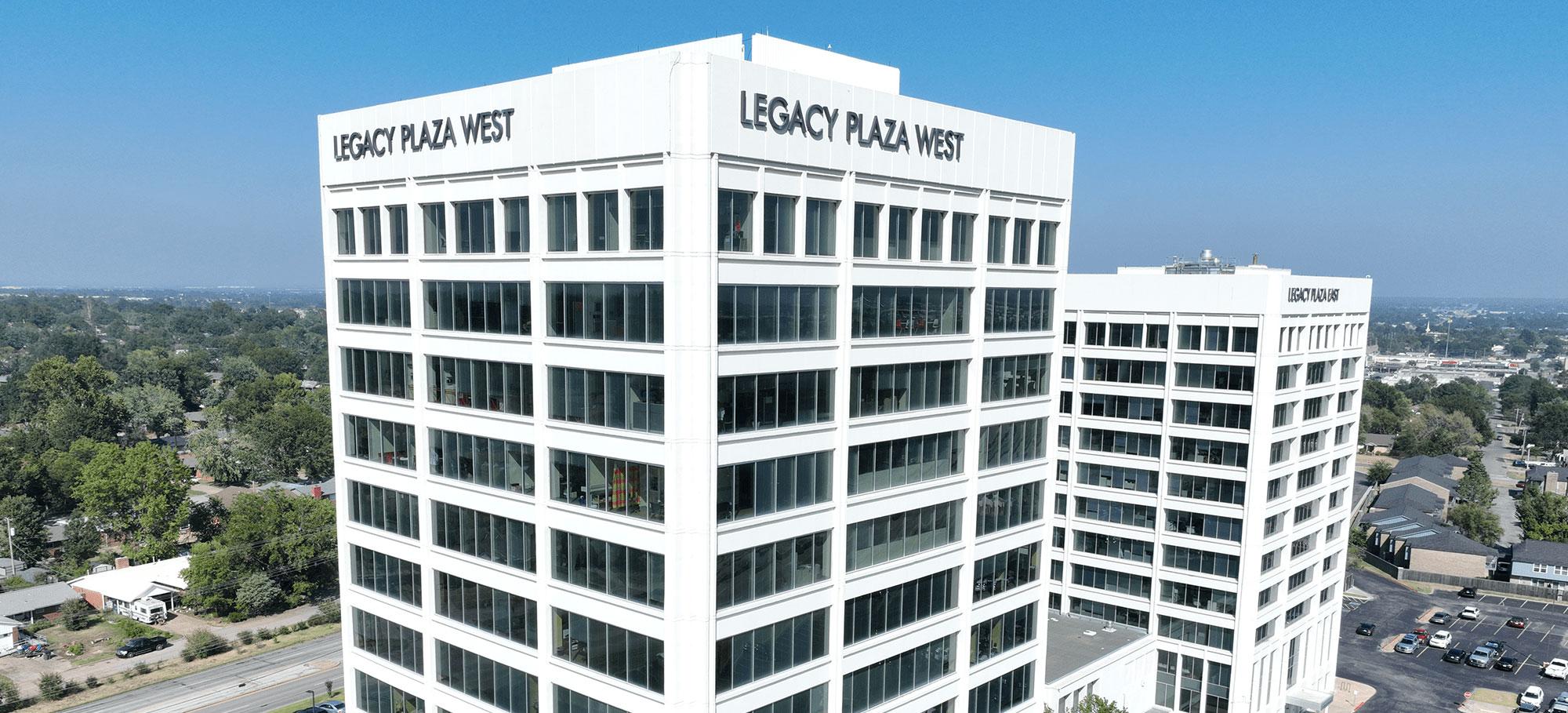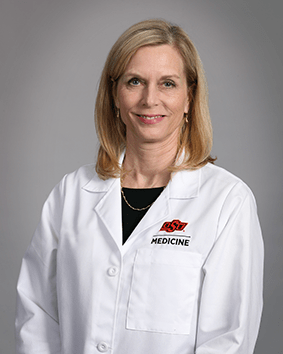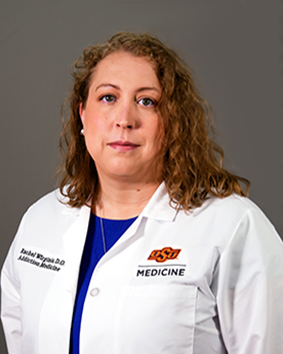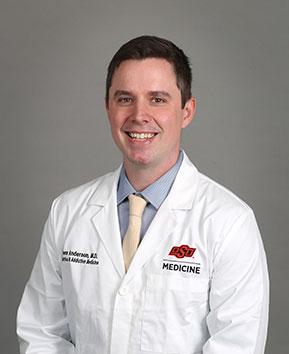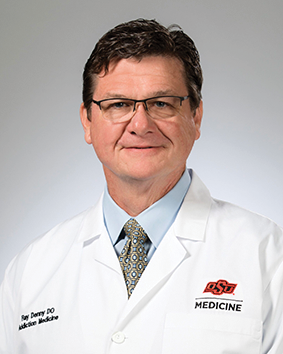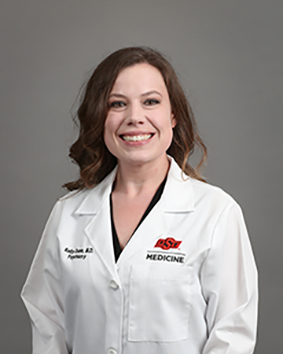The OSU Addiction Recovery Clinic has a team of specialists who provide high-quality and compassionate outpatient care for those suffering from addiction to opioids, alcohol and other substances and behaviors. Services include: medications for substance and opioid use disorders; evaluation and treatment for co-occurring mental health disorders; withdrawal management; assisting with compulsive behaviors; counseling and behavior therapy, and support groups. Appointments are available in person or virtually at the Tulsa clinic, as well as virtually in rural health facilities across Oklahoma.
Locations
Find a Doctor
OSU Addiction Recovery Clinic Address: 5310 E 31st St #1102, Tulsa, OK 74135 Phone: 918-561-1890
OSU Addiction Recovery Clinic Address: 5310 E 31st St #1102, Tulsa, OK 74135 Phone: 918-561-1890
OSU Addiction Recovery Clinic Address: 5310 E 31st St #1102, Tulsa, OK 74135 Phone: 918-561-1890
OSU Addiction Recovery Clinic Address: 5310 E 31st St #1102, Tulsa, OK 74135 Phone: 918-561-1890
OSU Addiction Recovery Clinic Address: 5310 E 31st St #1102, Tulsa, OK 74135 Phone: 918-561-1890

